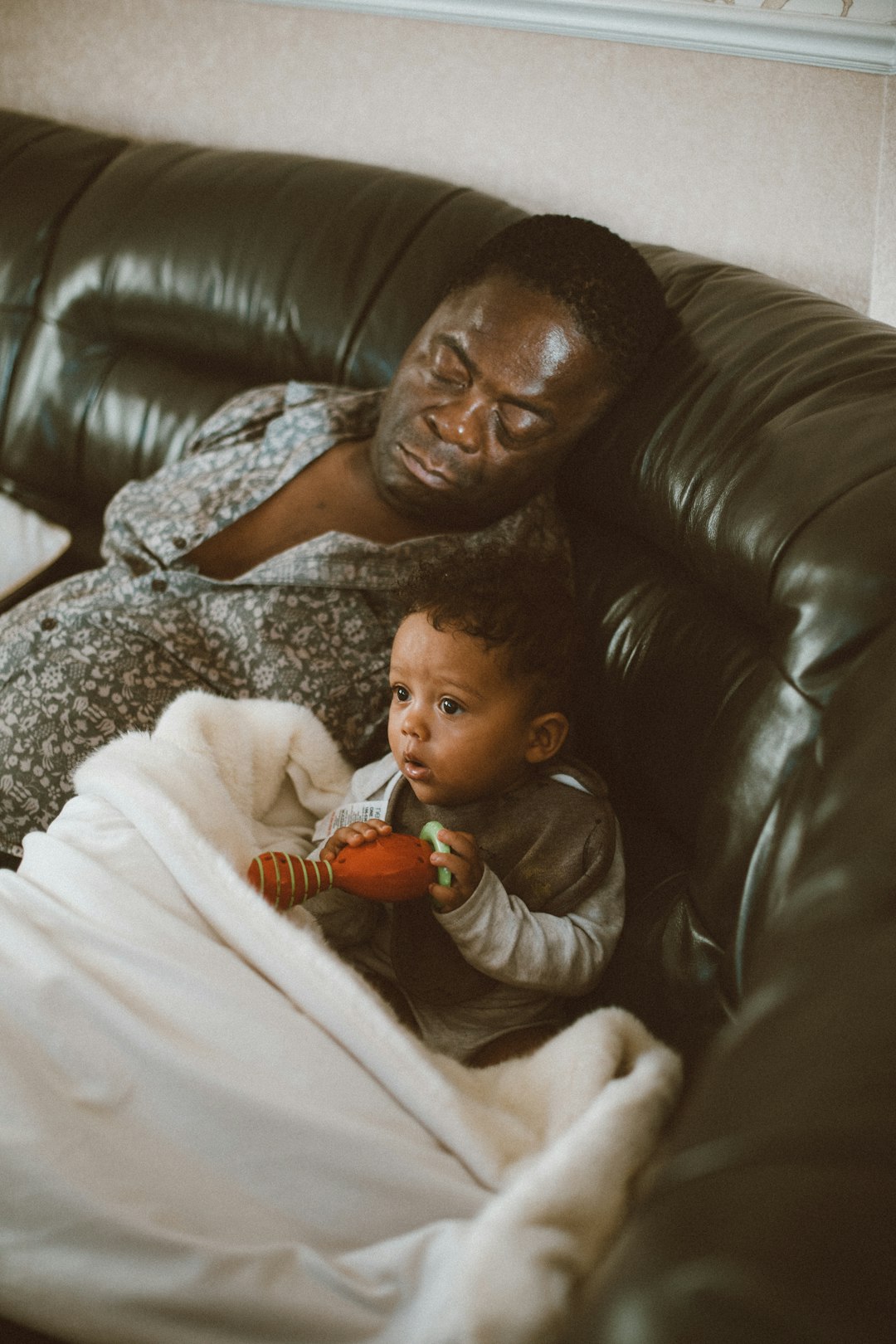
Exploring Cultural Highlights for Kids: A Journey of Learning and Fun.
## Introduction. Traveling with children provides a unique opportunity to not only bond as a family but also to immerse young minds in diverse cultures and experiences. Educational travel is an excellent catalyst to nurture curiosity, creativity, and awareness about the world. This blog post highlights some of the best cultural highlights specifically designed for kids, ensuring that their travel experiences are both enjoyable and enriching. ## 1. Museums That Engage Young Minds. Museums offer an incredible range of exhibitions, many of which are specially curated for children. The Children's Museum of Indianapolis, for instance, is a fantastic destination, encouraging hands-on learning and play. Children can explore everything from the ancient world to modern technology through interactive exhibits. Similarly, the Exploratorium in San Francisco provides a more science-driven approach to culture, where children can engage with physics, biology, and even art through kinetic displays that elicit a hands-on experience. Visiting these museums not only introduces children to different topics but also promotes critical thinking, creativity, and collaboration. ## 2. Cultural Festivals and Events. One of the best ways for kids to experience a culture is through festivals. From Carnaval in Brazil to Diwali celebrations in India, festivals provide a kaleidoscope of sights, sounds, tastes, and interactions. Each event offers unique activities such as music, dance workshops, and craft booths designed for family participation. For example, the Edinburgh Festival Fringe offers various kid-friendly shows that range from puppet theater to comedy acts, making it a family-friendly cultural experience. Engaging with locals during these celebrations can also teach children about customs, traditions, and the significance behind each festival. ## 3. Educational City Tours. Many cities provide tailored tours that focus on kid-friendliness, often infused with storytelling and fun facts. Take New York City’s Central Park, where kids can enjoy a guided historical scavenger hunt that connects them to significant landmarks. Similarly, in Washington D.C., companies offer kid-led tours that explain important monuments and museums in a way that resonates with young audiences. Cultural walking tours provide an interactive learning experience—through exploring historical neighborhoods, food tastings, and local stories. Activities that involve a quest or adventure atmosphere often stimulate children's interest and engagement. ## 4. Language and Cooking Classes. Language learning is an essential part of understanding a culture, and many destinations offer mini language courses for children. Schools such as the Language School for Kids in Barcelona teach kids fundamental phrases in a fun environment, using games and music. This not only promotes linguistic skills but also shows respect and appreciation for diverse cultures. Cooking classes, on the other hand, are an incredible way to introduce kids to local cuisines and culinary traditions. Many international cities offer cooking schools focused on family participation, allowing kids to learn about healthy eating and the importance of sourcing local ingredients by preparing their own meals. ## 5. Historical and Cultural Sites. Visiting historical sites introduces kids to key figures and events that have shaped the world. Place such as the Colosseum in Rome or the Great Wall of China has tours specifically aimed at children. Parents can look for guides who specialize in providing insights for a younger audience, making history come alive through stories and lively interpretation. Engaging with cultural heritage through ancient ruins, historic battlefields, or indigenous sites encourages children to appreciate history and respect diversity. Sites such as Mesa Verde National Park in Colorado provide educational programs that focus on the ancestral Puebloan culture, offering kids a hands-on opportunity to connect with history directly. ## 6. Nature Experiences and Cultural Education. Cultural education doesn't only exist in bustling cities. Numerous cultural highlights can be found in nature. Programs at national parks often include ranger-led walks and talks about indigenous cultures and their relationship with the land, wildlife, and plants. Children gain an understanding of eco-systems and how cultural beliefs influence environmental stewardship. For example, visiting the Hawaiian Islands provides an excellent understanding of Polynesian culture, where children can learn about hula dancing, lei-making, and the importance of voyaging in canoes that highlights their rich history. ## Conclusion. Traveling is one of the most enriching experiences for children, and incorporating cultural highlights can enhance this adventure immensely. Parents can ensure their children walk away with treasured memories and educational experiences by engaging with museums, local festivals, city tours, culinary classes, historical sites, and nature experiences. As kids absorb different cultures, they learn valuable life skills, grow their worldview, and nurture a sense of curiosity that lasts a lifetime. Ultimately, these explorations provide the foundation for empathy and understanding in our diverse world, making each trip not just a holiday, but a rich educational journey for the entire family. .






